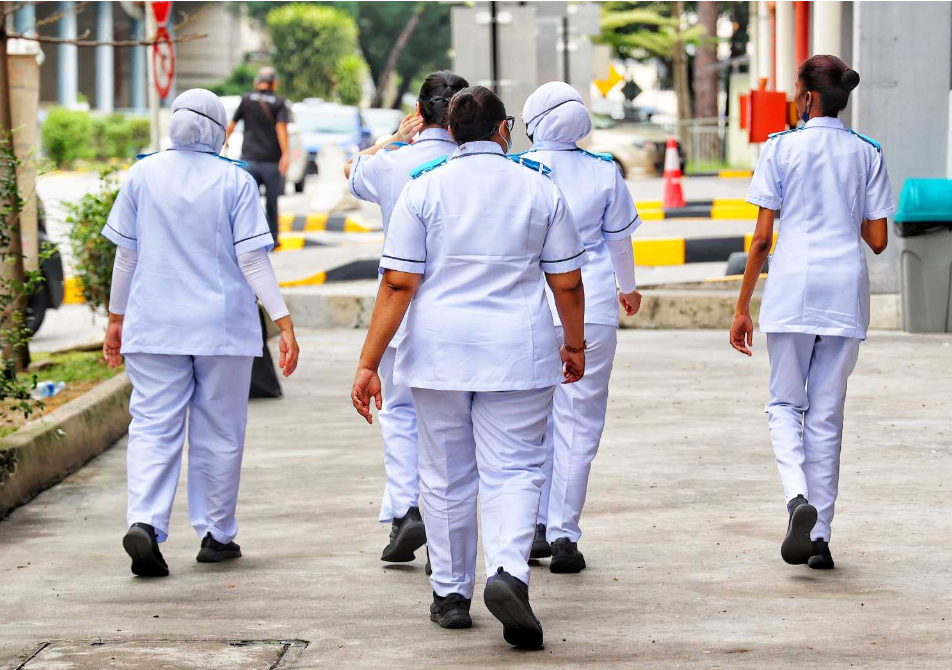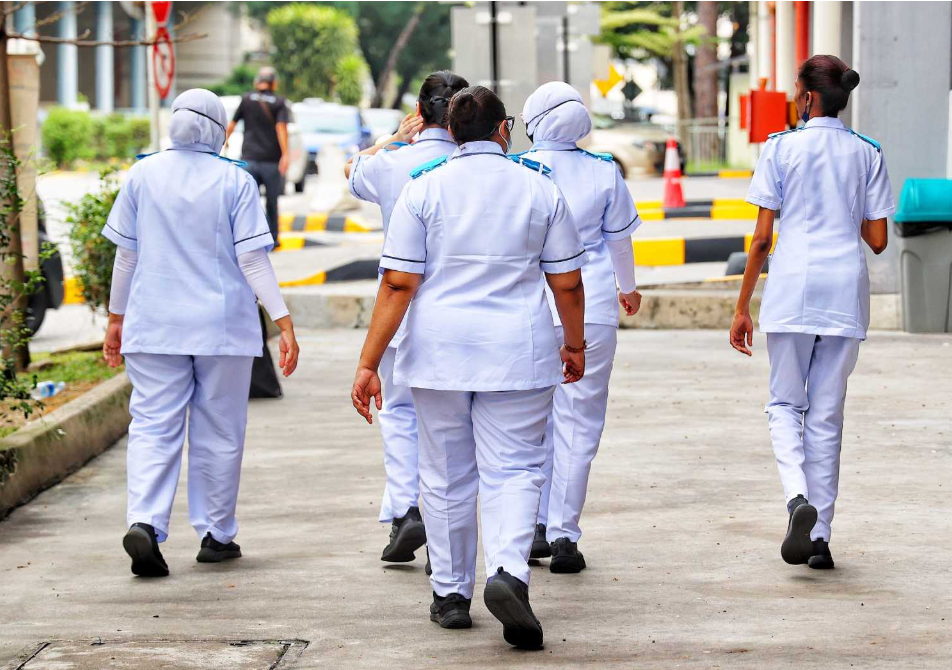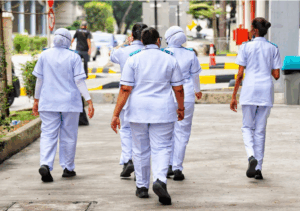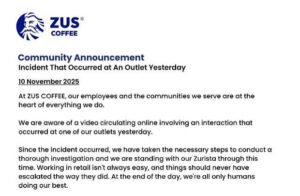
KUALA LUMPUR: The Health Ministry is stepping up efforts to modernise Malaysia’s healthcare system while easing the heavy workload faced by medical staff, says Datuk Seri Dr Dzulkefly Ahmad.
Speaking in the Dewan Rakyat on Tuesday (Nov 11), the Health Minister acknowledged the strain on personnel at all levels, from senior consultants to nurses, medical officers and support staff.
“We are fully aware of the heavy responsibilities carried by our staff — from senior consultants and specialists to medical officers, house officers, nurses, medical assistants and all personnel in the ministry,” he said.
Dr Dzulkefly said the ministry was reviewing the distribution of human resources to ensure a fairer and more efficient allocation.
“We need a clear picture of supply and demand across the system. Only by knowing the actual needs can we address shortages and maldistribution of doctors, nurses and other staff.
“If it’s not equal, it must at least be equitable. That is the challenge we face,” he said.
He said the ministry was also implementing a digital dashboard to manage staffing and workloads more effectively, with the aim of reducing administrative burdens and improving clinical efficiency.
The minister highlighted welfare measures, including an increase in On-Call Allowances (ETAP) for medical and dental officers by 33% to 43%, effective Oct 1, 2025.
“This is the first revision in 14 years and involves an estimated annual cost of RM120mil. It reflects the government’s commitment to the welfare of our healthcare staff,” he said.
A circular issued on Nov 4 allows eligible staff to claim the revised allowance for October. The number of officers on-call will continue to be determined by service requirements, workload and case complexity, he said.
Dzulkefly also addressed the nationwide shortage of nurses, estimated at around 8,000, noting that training new staff takes time.
“We are exploring ways to fill the gap, including considering foreign-trained nurses, provided they meet professional, safety and language standards,” he said.
He added that the ministry’s reform plans go beyond manpower, focusing on modernising service delivery across 150 hospitals and more than 3,300 clinics nationwide.
A key initiative is the introduction of a national Electronic Medical Record (EMR) system, part of the “One Citizen, One Record” policy.
“This will improve operational efficiency, reduce clinical workload, and ensure patient care is both faster and safer,” he said.
Dr Dzulkefly said the ministry was also exploring automation and artificial intelligence to further support healthcare delivery.
“Our goal is to strengthen the healthcare system responsibly, ensuring all Malaysians have access to efficient, high-quality care,” he said.






